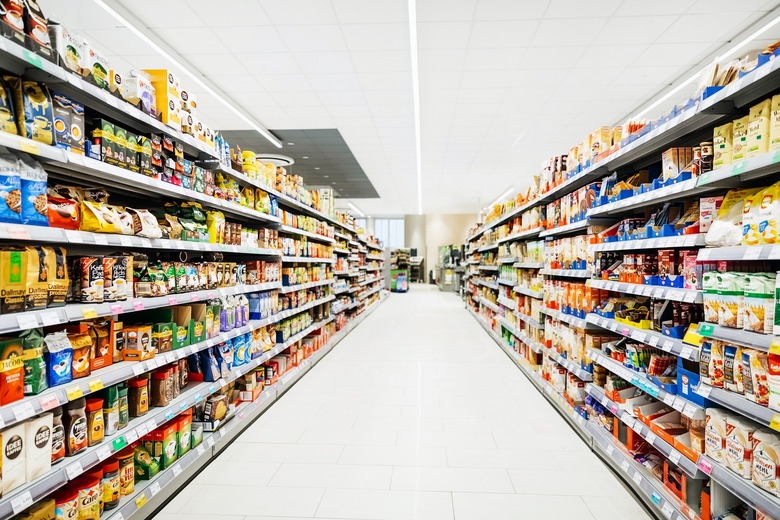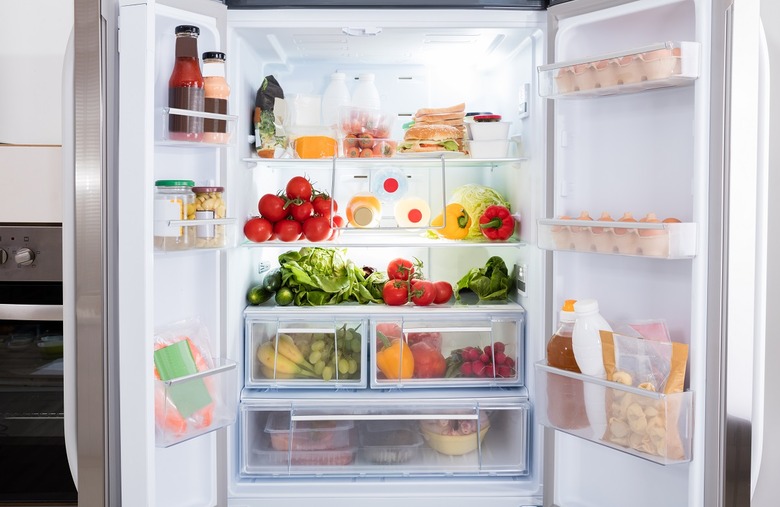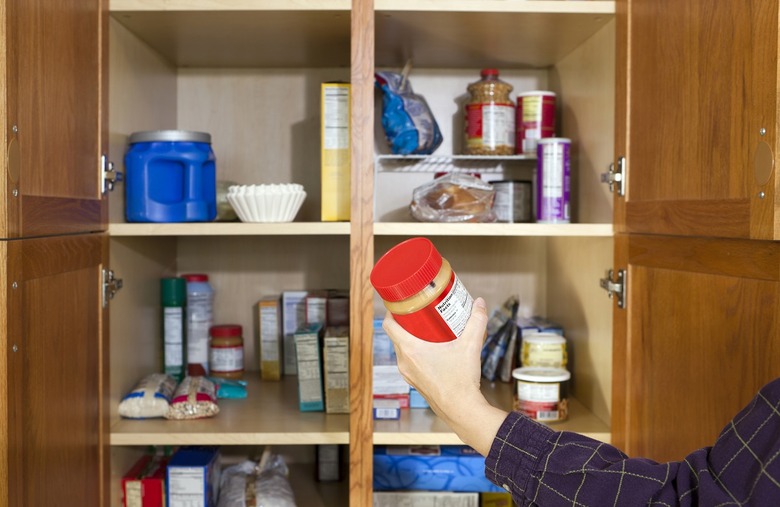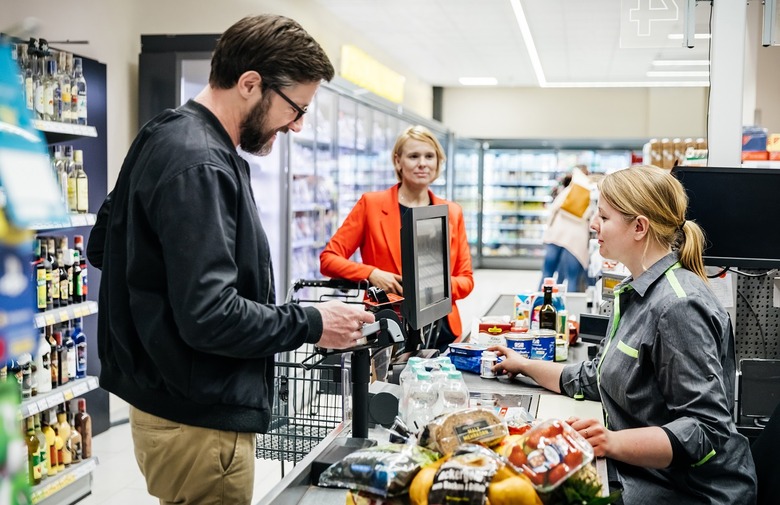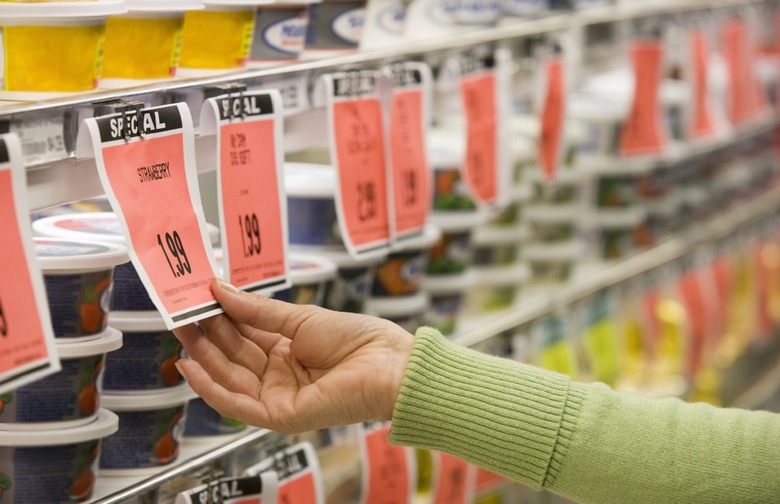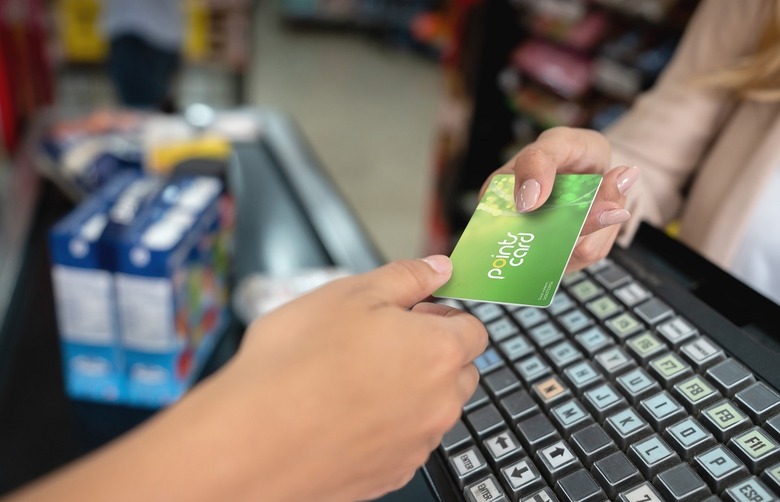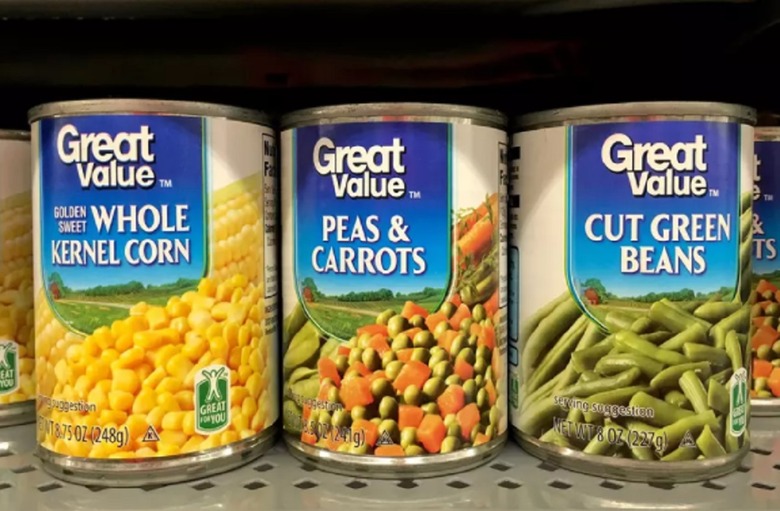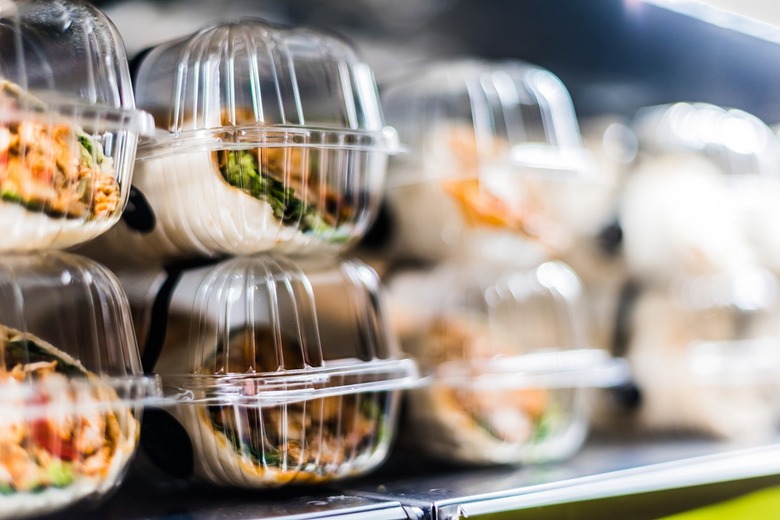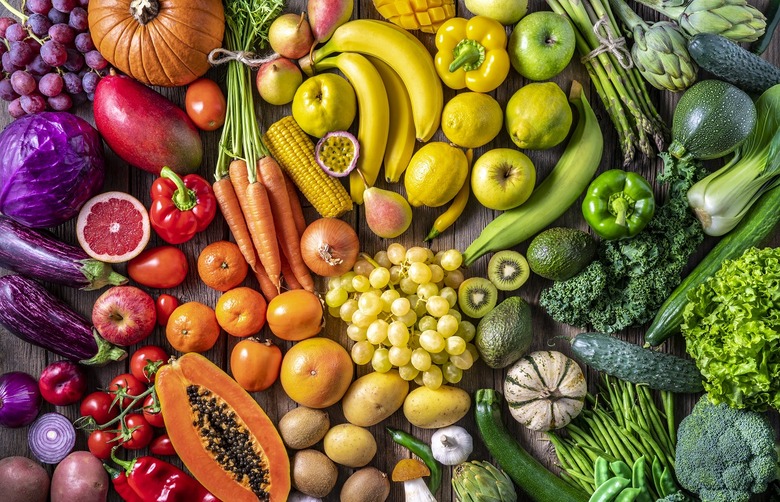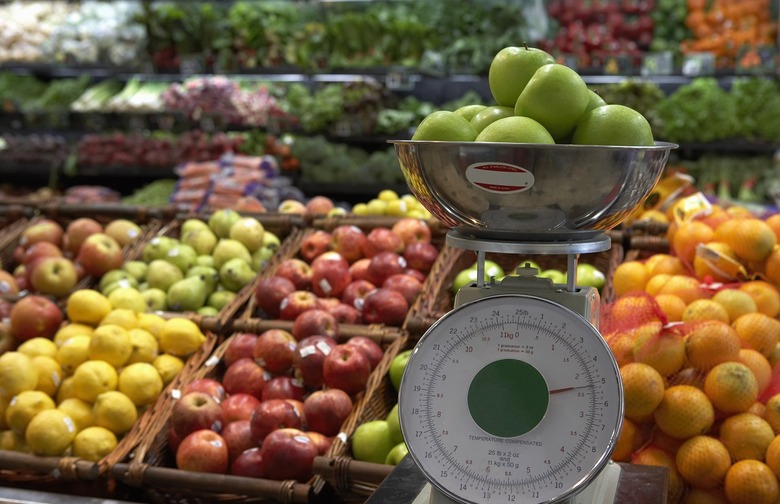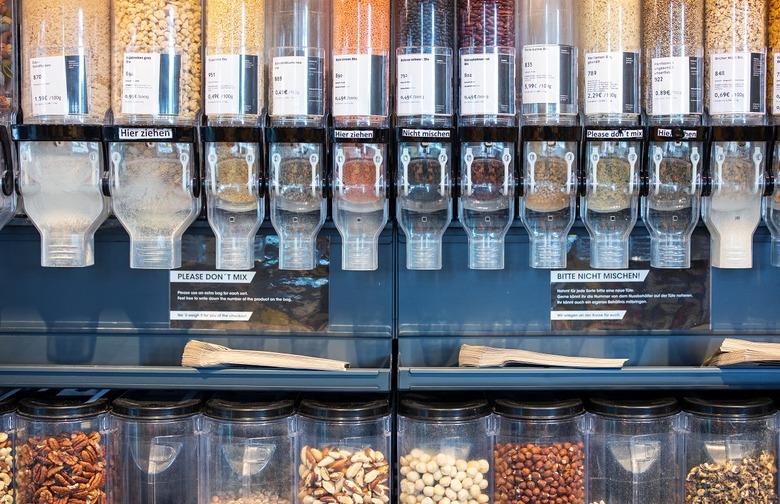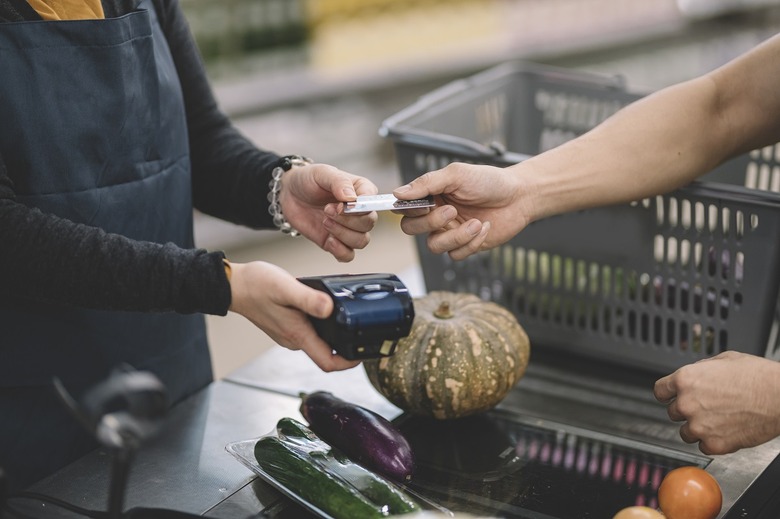How To Save Money On Groceries
Grocery shopping is one of life's necessities. But are you coming out of the store with a cart full of food and a long receipt that's way over budget?
Grocery Shopping Online: How to Save Money
You may not even realize where you're going wrong. Filling your shopping cart with ready-made foods, precut vegetables and expensive cuts of meat are just a few things that can result in an alarmingly high bill. Attractive packaging and clever marketing strategies can also trick you into spending hard-earned dollars on products you do not need. You can walk into a supermarket prepared and easily stay within your budget by becoming a smart shopper. Read on for our best tips to help you save money without clipping a single coupon.
Take inventory of what you already have
Before you leave for the grocery store, take inventory of your pantry, fridge and freezer. If there's anything on your list that you have in your kitchen, be sure to cross it off. It's a waste of food and money to buy something you don't need.
Rotate the pantry
Restaurant kitchens always implement FIFO when organizing produce. It stands for "first in, first out," meaning that you should always use what you have on hand before opening your latest purchases. At home, this means using up a bottle of ranch dressing before buying Caesar dressing or finishing a bag of potato chips before adding another one to your pantry.
Limit your trips
Instead of making multiple trips to the grocery store each week, pack your shopping into one weekly trip to get everything you need. The more often you visit the supermarket, the higher the likelihood that you will make impulse purchases.
Don’t shop hungry
Going to the grocery store hungry is a sure way to spend more money than you want to. If you eat a filling snack before shopping, your stomach won't convince you to impulsively buy things you don't need — no matter how delicious they look.
Make a meal plan
Planning what to cook for a week's worth of meals will ensure you buy just what you need, without anything in excess. To make it easier, start by planning your meals based on proteins and vegetables, and consider additional recipe ideas that utilize those ingredients. For example, if you plan to make a beef and carrot stew one night and you have leftover carrots, use them to make roasted carrots as a side the following night. Similarly, if you have roast chicken on Monday, you can plan to use the leftover chicken another day for soup or enchiladas.
Stick to your shopping list
Before you go shopping, write a list of everything you need to buy. When you go shopping, do not buy anything that is not on your list. Those little additions to your basket or cart add up; sticking to a list can keep you on budget and help save money in the long run.
Price match
If you have a few good grocery store options in your area, try price matching. If you know that one store is running a meat sale, pick up your proteins there and then head to another store that has great prices for produce.
Shop at big box stores
If there are items you buy every time you go to the grocery store, you'll save money in the long run if you get them from a big-box store like Costco, Sam's Club or BJs. Flour, pet food, cereal and other products that have long shelf lives are great items to buy at wholesale stores.
Use store loyalty programs
Sign up for a store's loyalty program to make the most of sales and discounts. You'll also gain access to resources like personalized coupons and money-saving apps.
Listen to upbeat music
Grocery stores intentionally play relaxing or midtempo music to encourage shoppers to slow down and take their time. It's a business technique proven to get shoppers to buy more than what they need, so the next time you head to the store, bring some headphones and listen to something that makes you want to move along.
Shop alone
When shopping with a spouse or children, it's easy to load up the shopping cart with unnecessary items. If you leave everyone at home, it will be much easier to stick to a budget.
Figure out the best time to shop
Some stores sell items from the day before at a lower price the next morning. Alternately, others mark down bakery, deli or other items in the evening. See if your supermarket offers marked-down items at particular times and snatch them up by doing your shopping then.
Buy store brands
Buying brand-name items is a surefire way to rack up your grocery bill. Save money at the supermarket by picking up generic items. There is usually very little difference in the actual quality of the product for many staple groceries, but the price difference can be substantial.
Avoid ready-made foods
Instead of buying prepared foods like salad kits, marinated or stuffed meats and precut vegetables, buy whole ingredients and spend a bit more time in the kitchen. You will end up spending less for more if you peel your own garlic, cut up your watermelon or prepare your stir-fry vegetables yourself.
Only buy what you can eat
Don't let your eyes be larger than your stomach (or wallet) and only buy quantities you know you will consume. You may think that buying five pounds of chicken thighs is economical, but if it goes bad before you have the chance to cook it, you'll be throwing chicken and money in the garbage. Buying only what you need each week will save you big bucks; it's also an effective way to avoid food waste.
Shop in season
Avoid buying produce that is out of season if you can. The items won't be at their freshest and they'll also be more expensive. Shop seasonally and you can buy fruits and vegetables that are cheaper than their non-seasonal counterparts — plus they'll be tastier!
Check per-unit prices
Make sure you're getting the best deal by comparing the price per unit of different-sized packages. Sometimes buying a larger quantity can be more cost-effective, sometimes not — but it's always worth doing the math to find out.
Get multiple meals from one large item
If you buy a whole chicken to roast one day for dinner, make sure you get the most out of that bird! Instead of tossing the leftover meat, use it to make sandwiches, soups, tacos and more. You can also use food scraps to make delicious meals, like homemade stock with chicken bones and veggie peels.
Weigh your produce
When you see a sign that says 50 cents for cucumbers or $1.99 for apples, you may think it's a steal, but the price per pound can add up when you start adding a bunch of produce to your cart. Weigh it first and calculate what the total price will be at checkout.
Shop from the bulk bin
Instead of buying pre-packaged ingredients, buy from bulk bins instead. Bulk buns offer pricey staples like nuts, coffee, spices and grains. They give you the chance to measure out your portion sizes so you don't buy anything in excess.
Put blinders on when checking out
Magazines, candy, gum, granola bars and gadgets are all in the checkout line, just begging you to take them home. Resist the urges and keep your eyes on the prize: leaving the store without going over your budget.
Substitute if needed
If you are halfway through a recipe and discover you are missing just one ingredient, don't rush out to the stores to buy whatever it is you need. Chances are, something you have on hand will work just fine. Here are a few common ingredient swaps everyone should know.
More from The Daily Meal:
Brown Eggs Or White? And Other Grocery Questions Answered
Grocery Shopping Tips: Skip Out on These Items
Are Nonstick Pans Safe? And Other Kitchen Tool Questions, Answered
